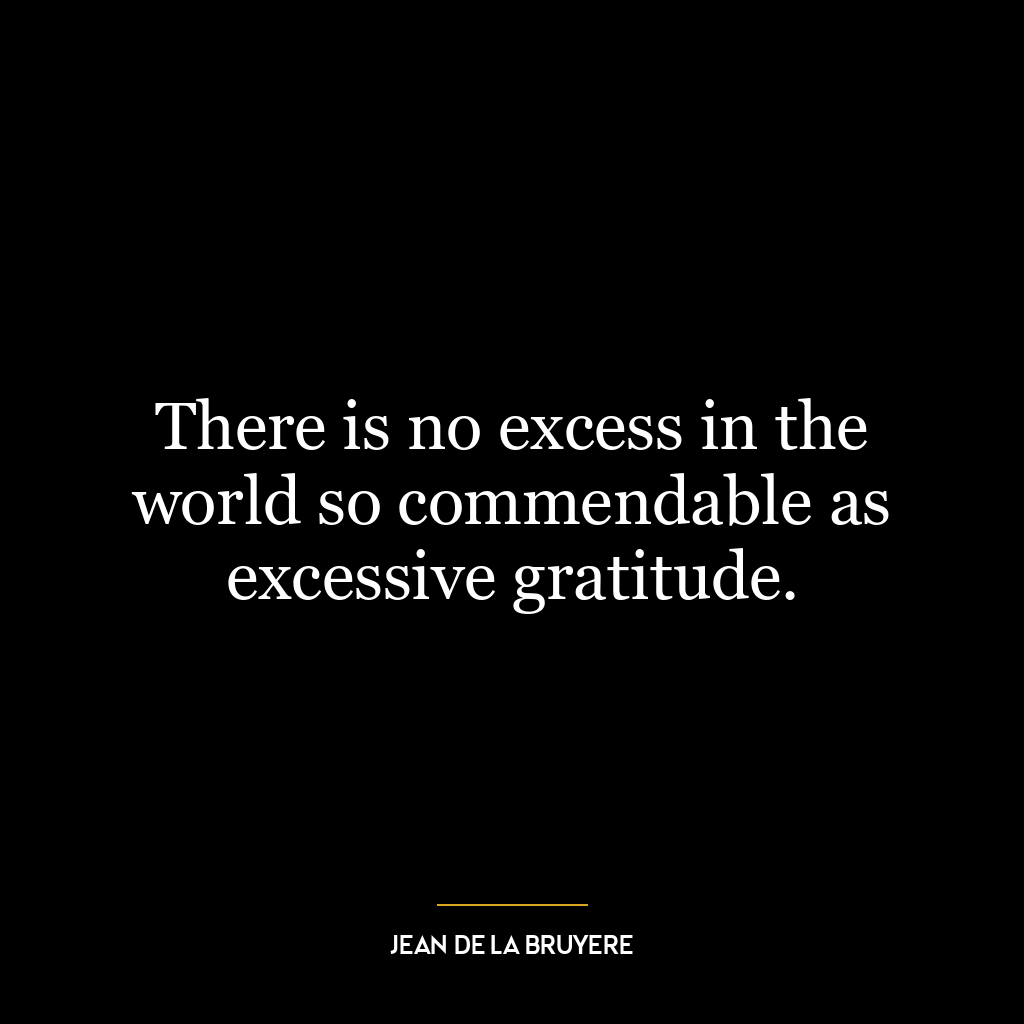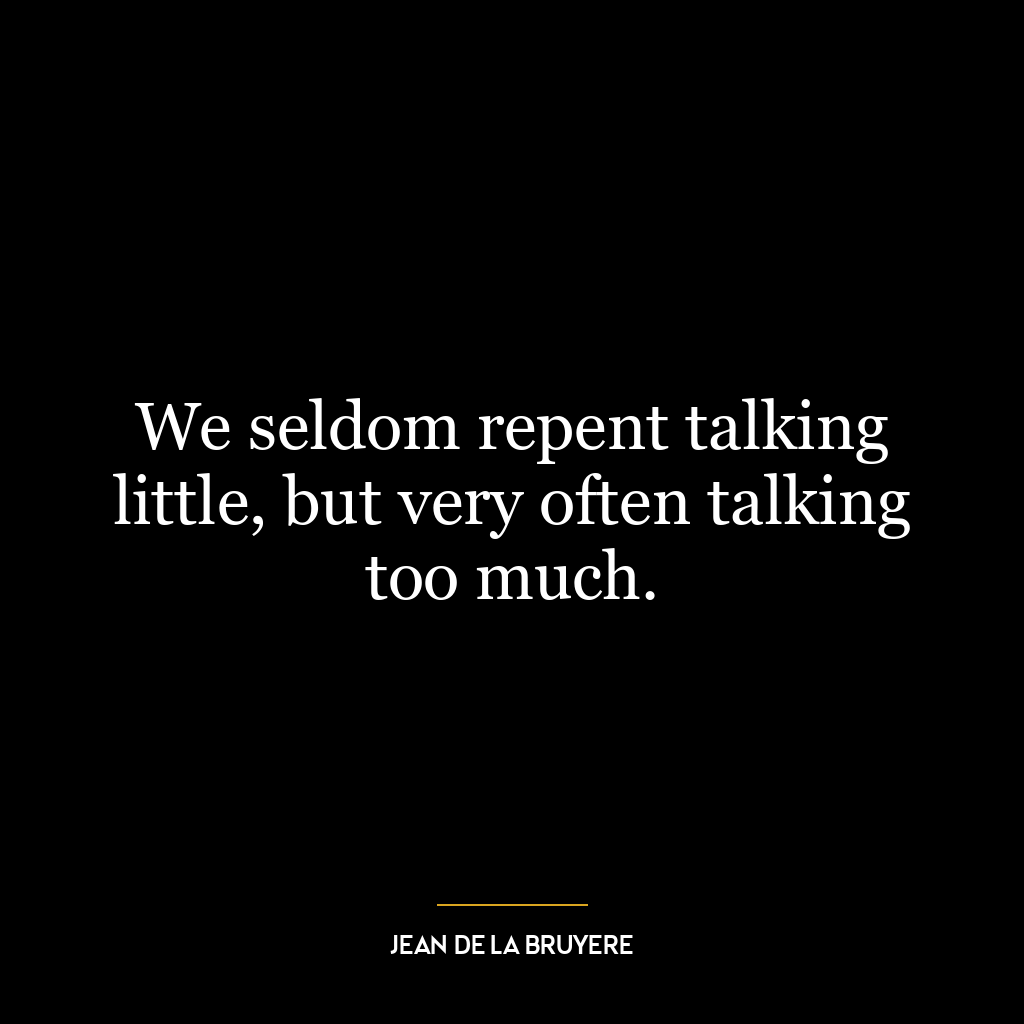The quote “Show enough regret, and your refusal will inspire gratitude” suggests that the manner in which we communicate a negative response or decision can dramatically influence how it is indeed received. If we express genuine regret when declining an offer or request, it can actually result in the other party feeling thankful. This could be because they appreciate our sincerity and understanding of the situation.
The depth of this quote lies in its exploration of empathy and communication. It underscores that our actions and words have emotional implications beyond their literal meanings. By showing regret, we are demonstrating empathy for others’ feelings, acknowledging their needs or wants even if we cannot fulfill them.
In today’s world, this idea has great relevance both personally and professionally. In personal relationships, showing regret when saying ‘no’ to a friend’s request can strengthen bonds by showing caring and consideration for their feelings. It’s not about being insincere or manipulative; rather it’s about communicating effectively with emotional intelligence.
In professional settings too – whether negotiating deals, managing teams or interacting with clients – expressing sincere regret while refusing can leave a positive impression instead of causing resentment or disappointment.
For personal growth as well, understanding this concept is valuable.Many people struggle with saying ‘no’, fearing conflict or wanting to please everyone around them at all times. This often leads to stress and overcommitment. The ability to refuse graciously – by expressing genuine regret – allows us to maintain better control over our time while still maintaining positive relationships.
So essentially this quote encourages us to master the art of rejection with grace: Be clear but kind; firm yet empathetic; assertive but considerate – turning potential disappointments into opportunities for deeper respect and gratitude.














